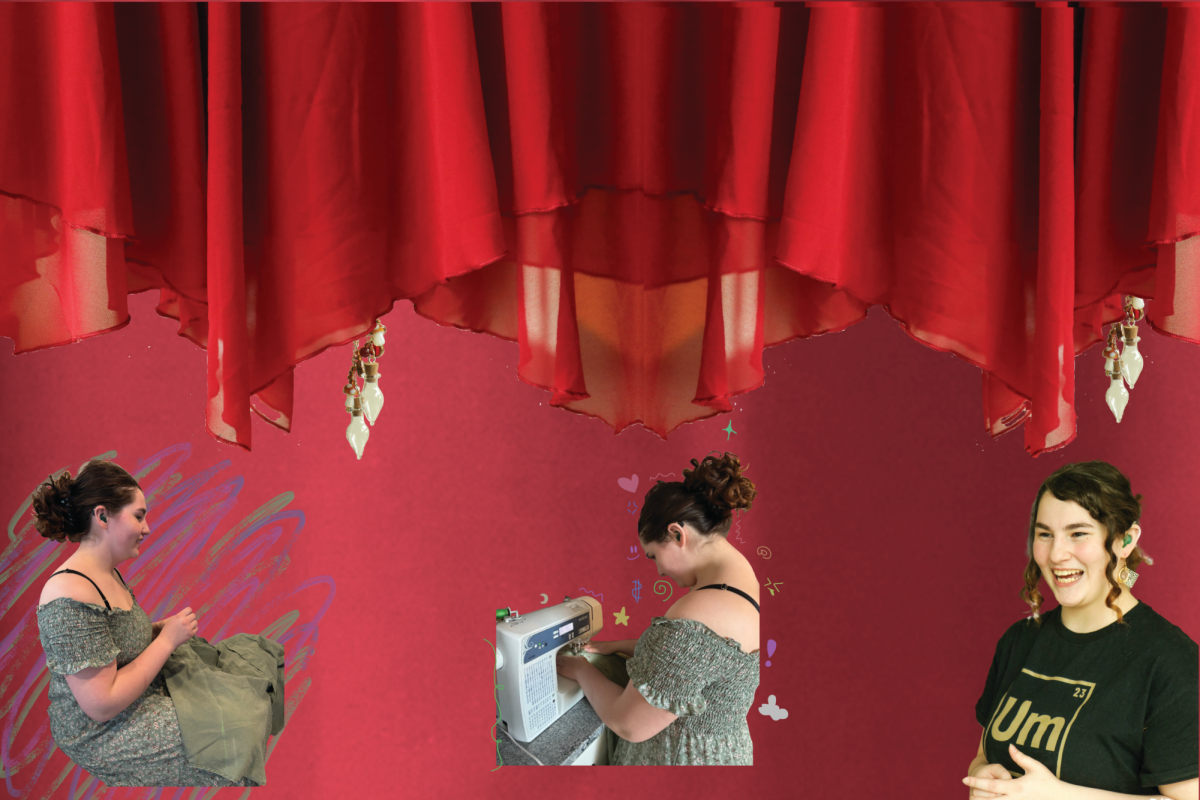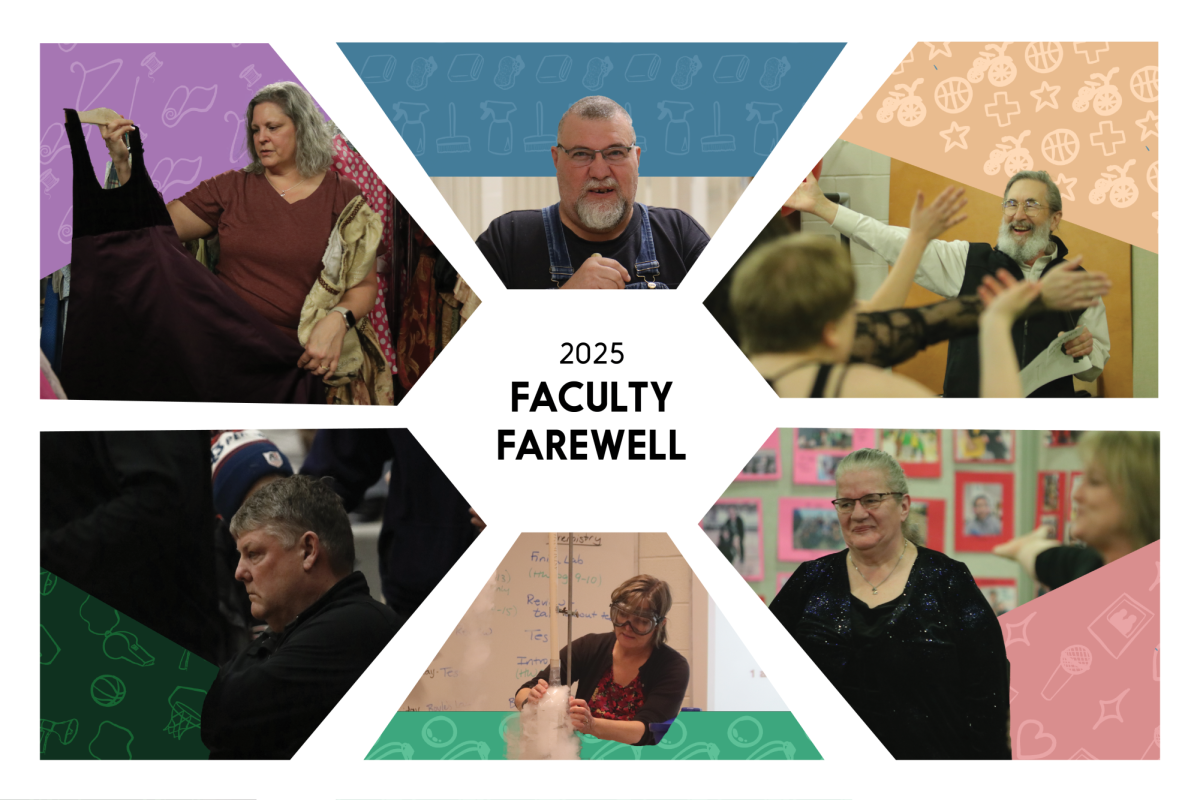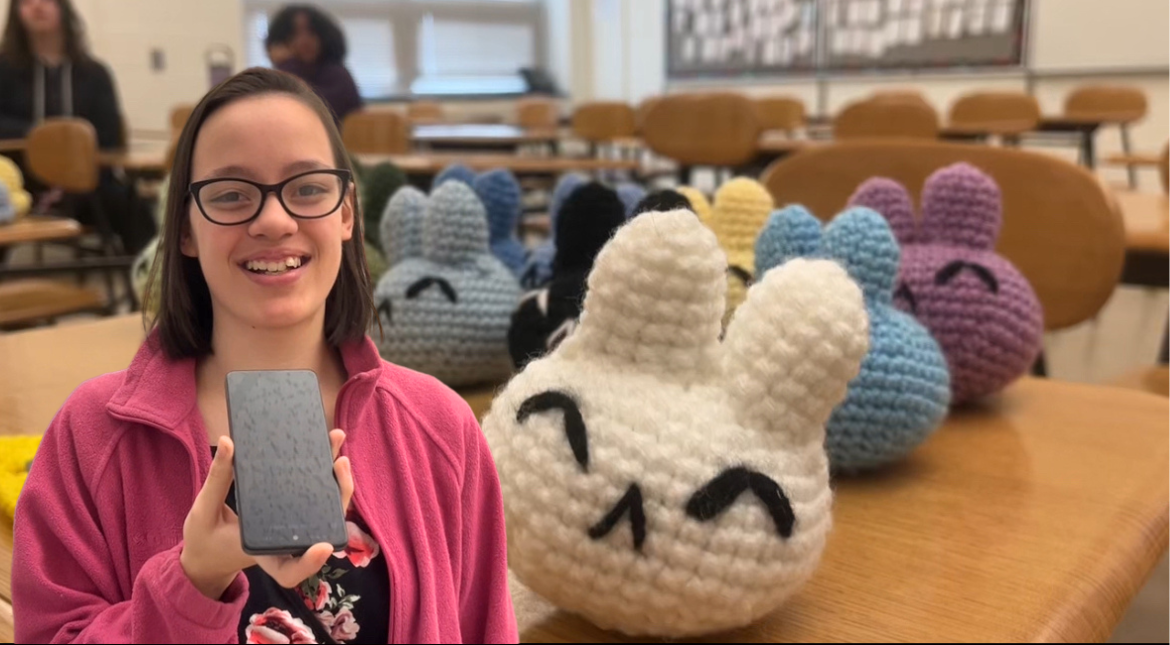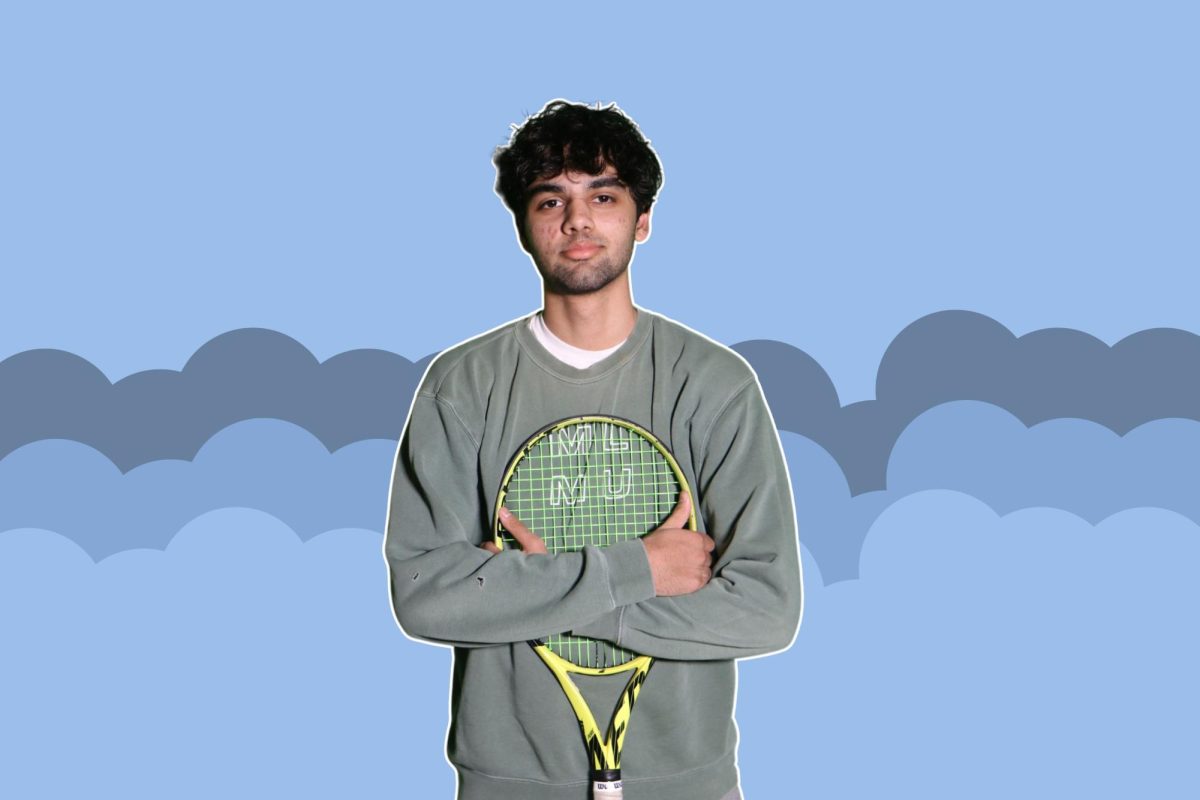From father and mother to son and daughter, the Orhan family passes down their passion for music as the children follow the footsteps of their musician parents.
Emre Orhon ’25 is involved with many music programs at West and credits his father’s involvement in music for inspiring his own musical journey at a young age.
“What got me interested in music was probably my dad. When I was younger, we used to go [to] a lot of [events where] he played [bass] — he would just take our family with [him] on [those trips]. Then that sparked my interest [in music],” Emre Orhon said.
A violinist in West’s Symphony Strings orchestra, Norah Orhon ’27 emphasizes that her brother’s participation in music, paired with her father’s influence, pushed her to strive for success in the music world.
“[My dad] kept wanting me to play the bass, but I was [not very] tall, so I couldn’t. [Then], he gave me the smallest instrument: [the violin],” Norah Orhon said. “It was more of an expectation that, as we grew older, we had to play an instrument, [but] what really made me want to play the instrument was my brother. I wanted to do everything he did because he was older and [had] already started to play the violin.”
Their father, Volkan Orhon, is a double bass professor at the University of Iowa and a world-renowned bassist. He describes the impact music has had on his familial relationships.
“I love working, playing and practicing with [my kids], but I can only hope they enjoy it as much as I do,” Volkan Orhon said.
Volkan Orhon’s journey with music began when he was 12 years old and has since become an important part of his identity. Growing up studying music in Turkey, he believes it’s important to be involved with music at a young age and implemented the same practice for his children.
“After elementary school, I auditioned for a [music] conservatory. The training in conservatories is much more intense than the system in the United States,” Volkan Orhon said. “Having my kids exposed to music at an early age was so important. Regardless of whether they will pursue a music career, I am so grateful that they have music in their development as human beings.”
Following his father’s guidance, Emre Orhon started playing musical instruments early on. Although he currently plays the trombone in West’s Wind and Jazz Ensemble bands, brass was not where he initially began his musical career.
“My dad had me start playing violin [at] four years old,” Emre Orhon said. “[My dad plays the bass, and he] had this beat-up violin that he kept on the top of his bass stands for no particular reason. I saw it, and I wanted to play it, [so] he got me started on that.”
Emre Orhon’s strong musical background sparked his curiosity in other types of musical instruments, ultimately leading him down different paths as he grew older.
“In fifth grade, I decided to start playing trombone [because] I thought the slide was magic,” Emre Orhon said. “I started wanting to dedicate more time to being better at an instrument I didn’t know how to play, so I started drifting away from violin — I wasn’t as interested in it after I had played it for [many] years.”
In addition to simple curiosity, another factor that influenced his decision to switch from orchestra to band was the different communities they embodied.
“I definitely had a lot more friends in band than I did in orchestra, so that’s also what led me away from [orchestra] and into band,” Emre Orhon said.
On the other hand, Norah Orhon found the challenges of orchestra motivating, and it is ultimately what kept her music career alive.
“There [were] definitely times I wanted to quit, but I’m so glad I kept going. [Orchestra] makes me closer to my family in ways that, if I stopped, wouldn’t be there,” Norah Orhon said. “Being in Symphony changed my whole perspective of [orchestra] because now I get a challenge — something to work on — instead of just being bored with the music. We have a really great conductor, and the music is challenging [to] where I’ll take it home to practice; it makes me want to keep going.”
However, there are parental expectations that naturally come with being part of a musically talented family. These family expectations have shaped Norah Orhon’s values over the years.
“It’s kind of an expectation that we play [music] throughout either high school or college,” Norah Orhon said. “It’s become a love-hate relationship because there’s been times [when] I don’t want to do it, but the more I stuck with it, the more I realized how valuable it is to know how to play an instrument because a lot of people don’t have that privilege.”
Despite the unintended pressures on the siblings, Volkan Orhon emphasizes that, even though he enjoys having his children involved in music, he tries his best to not pressure them to continue participating in it.
“I would love to see them as musicians, but I would never pressure them to make that decision. Being a musician requires a lot of dedication, hours and hours of practice, patience and persistence,” Volkan Orhon said.
Emre Orhon agrees and notes how the family dynamic often alternates between personal connection and professionalism.
“When [we] work together, I’m not directly thinking about whether [or not he’s] my dad; I’m just playing the music alongside him,” Emre Orhon said. “When I’m practicing and he wants to give me advice, he’s a professor.”
Similarly, Norah Orhon admires her father’s passion for music and looks up to him as not just a fatherly figure but also a talented musician.
“That was how [my dad] grew up. He would always talk about how he knew from the age of 12 that being a musician was what he wanted to do,” Norah Orhon said. “Whenever he talks about that moment, it makes me love the instrument more. Knowing that he has such a deep passion for it makes me want to continue on with what he [raised] me and my brother to be.”
As a father, Volkan Orhon respects his kids’ continued pursuit of music in their childhood years and supports whichever path they plan to take in the future.
“I am grateful they have music in their lives,” Volkan Orhon said. “After they go to college, I hope they continue playing and have a channel to use as a change of pace to balance whatever they choose as a career.”













